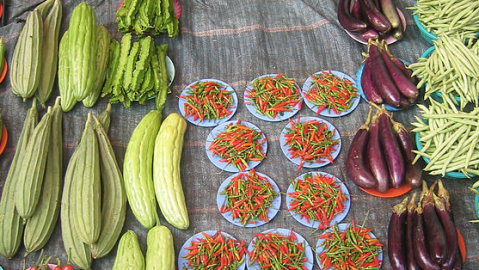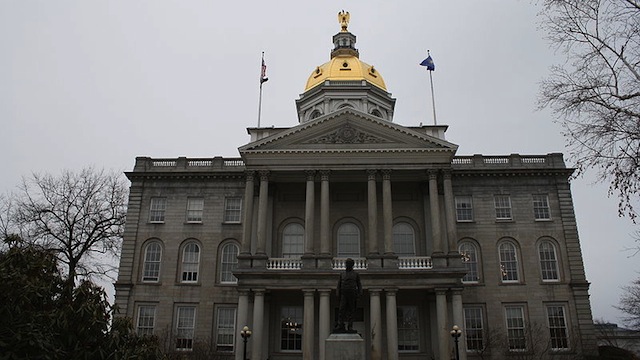Time to Deregulate Organic

It’s time to deregulate the organic industry. No… I’m not suggesting we let it become a free-for-all. What we have right now is a free-for-all because the industry relies exclusively on record-keeping instead of field testing. This must change.
It only stands to reason that organic farms should be tested to ensure prohibited substances are not being used. But after a protracted, decade-long lobbying effort, the leaders of the organic industry have established a massive bureaucratic system with federal oversight that does absolutely nothing to ensure the food you pay a premium for is even close to being organic.
Sure, most organic farmers in North America are honest, but they fill less than half the market, leaving the rest to Chinese, Mexican and Brazilian players, all with the full approval of the United States Department of Agriculture (USDA) National Organic Program (NOP) which allows its logo to be used by these pretenders as long as the right forms are filled out and pay the requisite fees with not a single lab test. In a very real way, the USDA is renting out its logo and reputation, a logo and reputation which are underwritten by you the taxpayer.
I worked for five years as an organic inspector in the United States and Canada and pushed hard for organic field testing. It seemed distinctly unfair that a fraudster somewhere else in the world could so easily out-compete an honest domestic farmer. The American Consumers Unionfound prohibited pesticide residue on a whopping 24 percent of samples when it tested organic produce way-way-WAY back in 1998. This prompted the ACU to support President Clinton’s push for organic field testing in the American organic standard, but sadly the Big Organic lobby succeeded in watering field testing down to the point where it’s not practiced.
It gets worse. Pesticides dissipate over time. This means that finding 24 percent contamination levels in certified-organic food is, scientifically speaking, only the tip of the iceberg. Clearly the time has come to deregulate the organic industry and replace all the paperwork with a single unannounced, annual field test. Instead of writing more regulations, make organic certification so simple that no one will dare game the system.
Olympic athletes don’t keep meticulous records of everything they put into their bodies; we test ‘em! Right? And, in case anyone’s worried about the cost of testing organic farms, it will cost one-tenth what the current bureaucratic system costs. Of course this will mean less revenue for those at the top, but who cares about them? I don’t, and not a single organic farmer I know does either.
Under the current system, if you can believe it, an organic inspector spends three hours looking over a farmer’s paperwork during a pre-announced visit, and that’s it. No surprise field inspections; no field tests. An inspector might look at a few fields, if there’s time, but the farmer knows when the inspector is coming so nothing is ever found in contravention of standards. Hardly surprising now is it?
As I say, it’s a complete free-for-all. When I hung up my inspector’s hat I subsequently performed numerous field tests for honest organic farmers who were fed up with all the paperwork and exorbitant fees. The results each and every time were 100 percent clean! But the USDA, along with the leaders of the global organic movement, ignored these results and stuck with bureaucratic regulation instead of science.
I’ve received endorsements for my work to clean up the organic industry from numerous American agricultural associations and departments. And, after speaking with Miles V. McEvoy − the Deputy Administrator of the National Organic Program at the U.S. Department of Agriculture – I can attest that there is a plan to begin testing 5 percent of applicants. A small step which I predict will ultimately fail to stem the tide of cheap, phony-baloney “organic” imports from places where literally anything goes, places like the People’s Republic of China. Want some fecal coliforms with your USDA-NOP-certified-organic arugula?
That’s bureaucracy for you; rife with political considerations and little more. Keep all of this in mind the next time you think about buying certified-organic food in a grocery store. Take my word for it; you’re better off buying directly from a local farmer you know rather than rely on all the useless paperwork that accompanies certified-organic produce to market. Either that or just buy regular food.
Mischa Popoff is an Advanced Organic Farm and Process Inspector and the author of Is it Organic? The inside story of the organic industry, which you can preview by going to his website: www.isitorganic.ca.





